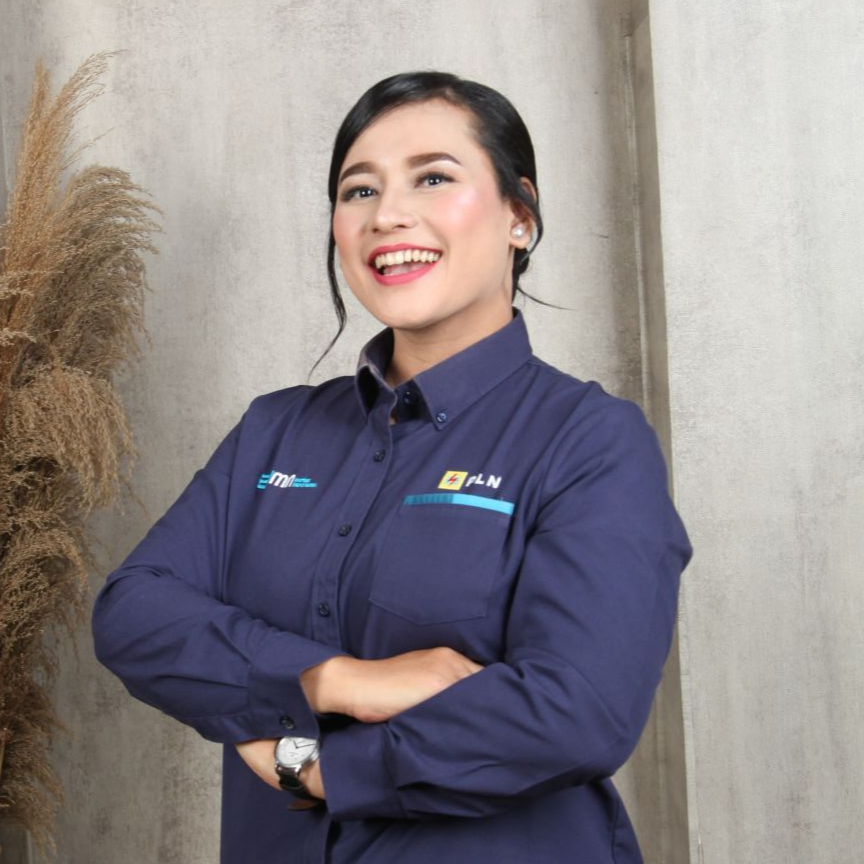One of the highlights from the program is collaboration in sustainability. To build a sustainable future requires collective efforts across sectors, as seen by engaging workshops, case studies, and online study by the University of Cambridge. These activities show that collaboration can promote innovation, create resilient projects, and achieve common goals including net-zero emission targets. I learned that collaboration does not happen organically - it requires intentional frameworks, shared accountability, and open communication. Partnership, whether within organisations, industries, governments and others, I recognise, is the pivotal to drive impactful and long-term results.
Currently, my role involves developing climate resilient infrastructure guidelines for PT. PLN Persero, an Indonesian electric company. Collaboration is the key to completing this project effectively. Before finishing the guideline, we need to conduct a thorough climate risk assessment. However, the necessary data is not readily available inside my division, and acquiring it is far from easy. Bureaucratic impediments frequently delay the process, necessitating substantial departmental collaboration and adherence to complex administrative processes. This emphasizes the necessity of encouraging open communication and developing strong interdepartmental connections in order to overcome obstacles and assure the project's successful completion.
For future participants, I recommend actively participating in seminars, talks, and networking opportunities, as these provide vital insights and contacts. Spend time on the academic modules, as they give a solid foundation for practical applications. Use the alumni network to find mentors and help on how to put program learnings into practice. Encourage collaboration during group activities to enhance shared learning, and strive to transform the knowledge into tiny pilot projects or initiatives that may be scaled up. Participants who fully engage in the program can not only improve their abilities, but also position themselves as leaders in sustainable infrastructure development.



